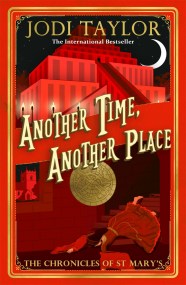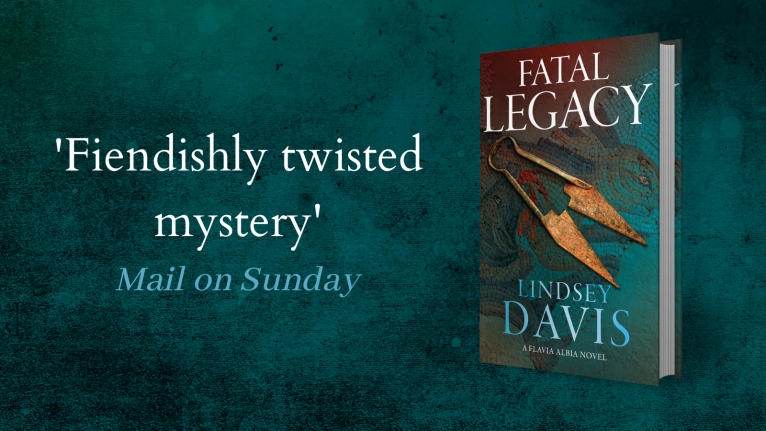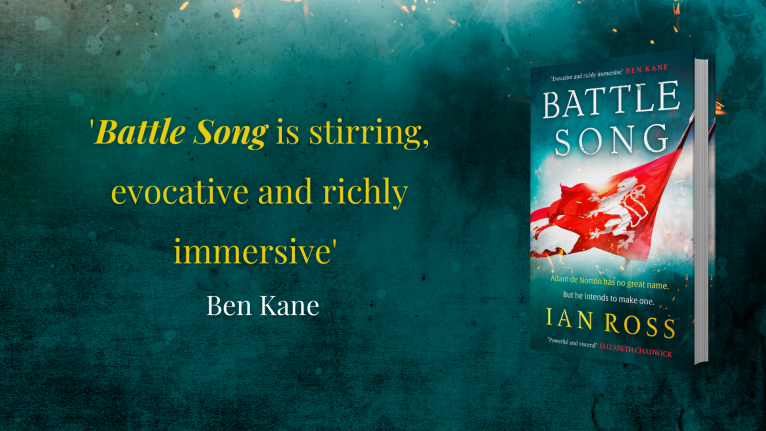‘Write something’ by Jodi Taylor

‘Write something,’ they said. ‘Tell us what fascinates you about the Tower of Babel.’
I didn’t much care for the way they were fingering the electrodes at the time so, as always, I made haste to obey.
I’m actually fascinated by all Ancient History. Carthage, Egypt, Troy, Rome, Persia. Far more so than modern times, which, up until comparatively recently, I always considered fairly humdrum and dull. Yes, I did say up until comparatively recently. Many people have told me they’re really fed up with experiencing major historical events in contemporary time. They usually go on to mention that’s a new and interesting way of wearing my hair, but never mind, the hairdressers will be open soon.
Ancient History, to me, is so much larger than life – rather like the Tower of Babel itself, of which more later – full of energy and colour and smells and epic events and heroic characters who just burst out of the pages of History. Think of Ramses II, Darius, Xerxes, Hector, Helen, Cleopatra, Alexander and so on. As real and vivid today as they must have been in their own times.
And I love the massive stone buildings they’ve left behind. How were they built? And why? In Egypt, for example, they now think the extensive building programmes were state sponsored; to give the population something to do during the soggy months when the Nile flooded. And that the pyramid workers were professional builders, well housed, well-nourished and valued. Only a few decades ago we were being fed Hollywood inspired images of slave drivers and brutality and it’s turned out to be nothing of the sort.
For me, I think the fascination is that we never get the full picture. We’re given only tantalising clues as to their thoughts, their actions, their times. There’s so much we don’t know.
On the other hand, new finds and new evidence emerge all the time, sometimes radically altering our perceptions and what we thought we knew about these long-gone civilisations. Remember the excitement when they thought there was a hidden chamber in Tutankhamun’s tomb. Imagine if there had been. Imagine if, tomorrow, another unrobbed tomb was found in the Valley of the Kings. Imagine if the whereabouts of Alexander’s tomb is discovered. Imagine if the lost army of Cambyses is suddenly uncovered in the desert. Now see what you’ve done. You’ve set me off down the rabbit hole again and I’ll get no more work done today.
It wasn’t all grandeur, of course. There was dust and flies, disease and violent death, but perhaps that’s also part of the attraction.
I was fascinated to find that parts of the Tower of Babel might still be standing today if not for Alexander the Great. Another reason to regret his dying young. He took one look at the remains and was inspired to rebuild them. He demolished what was left – and there was quite a lot left, even though mud bricks don’t last for ever. He cleared the site and then died before they could start the rebuilding. After that, of course, everyone was too busy quarrelling over his empire to carry on the work. Thanks to his well-meaning efforts, even the ruins were lost to us which is such a shame.
Now, not only do archaeologists think they’ve found the original Tower foundations, but some parts of Babylon are actually being rebuilt, especially the walls. They’ll never be able to restore the whole city – it was vast – but it’s very exciting and so, armed with all these good reasons – and the fact that I’d spent hours practising how to say, ‘Etemenanki,’ I sent St Mary’s to investigate. It was supposed to be just a simple fact-finding assignment but I think we all know that was never going to happen. It doesn’t take long for everything to go pear-shaped.
I shan’t say any more. Why not read the book for yourself and find out what happens when things really go wrong for St Mary’s?
'Jodi Taylor is quite simply the Queen of Time. Her books are a swashbuckling joyride through History' C. K. MCDONNELL
'A great mix of British properness and humour with a large dollop of historical fun' *****
BOOK 12 IN THE INTERNATIONALLY BESTSELLING CHRONICLES OF ST MARY'S SERIES
For fans of Jasper Fforde, Doctor Who, Genevieve Cogman and Richard Osman's Thursday Murder Club
---
'It's time, Max.' And so, a whole new chapter opens up...
It's long been known that if a thing can go wrong, it will. With knobs on, usually. Disasters start to pile up. A new colleague with no respect for the past and a great deal to prove. Historians lost in time. And - worst of all - Rosie Lee on her very first jump. Then there's the small matter of Max's dishonourable discharge.
From Tudor England to the Tower of Babel - it's all going horribly wrong.
Jobless and homeless, Max receives an offer she can't refuse. Another time, another place. A refuge, perhaps.
She's got that wrong, too.
Readers love Jodi Taylor:
'Once in a while, I discover an author who changes everything... Jodi Taylor and her protagonista Madeleine "Max" Maxwell have seduced me'
'Addictive. I wish St Mary's was real and I was a part of it'
'Jodi Taylor has an imagination that gets me completely hooked'
'A tour de force'







